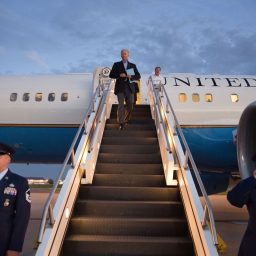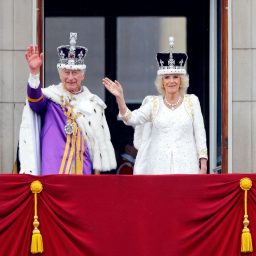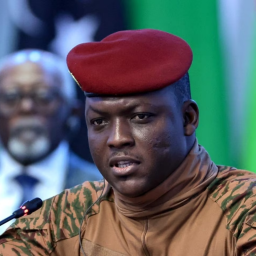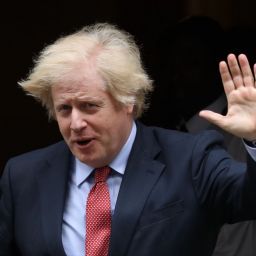Pope Francis Encourages Cultural Preservation, Not Imperialist Logic, Vatican Clarifies
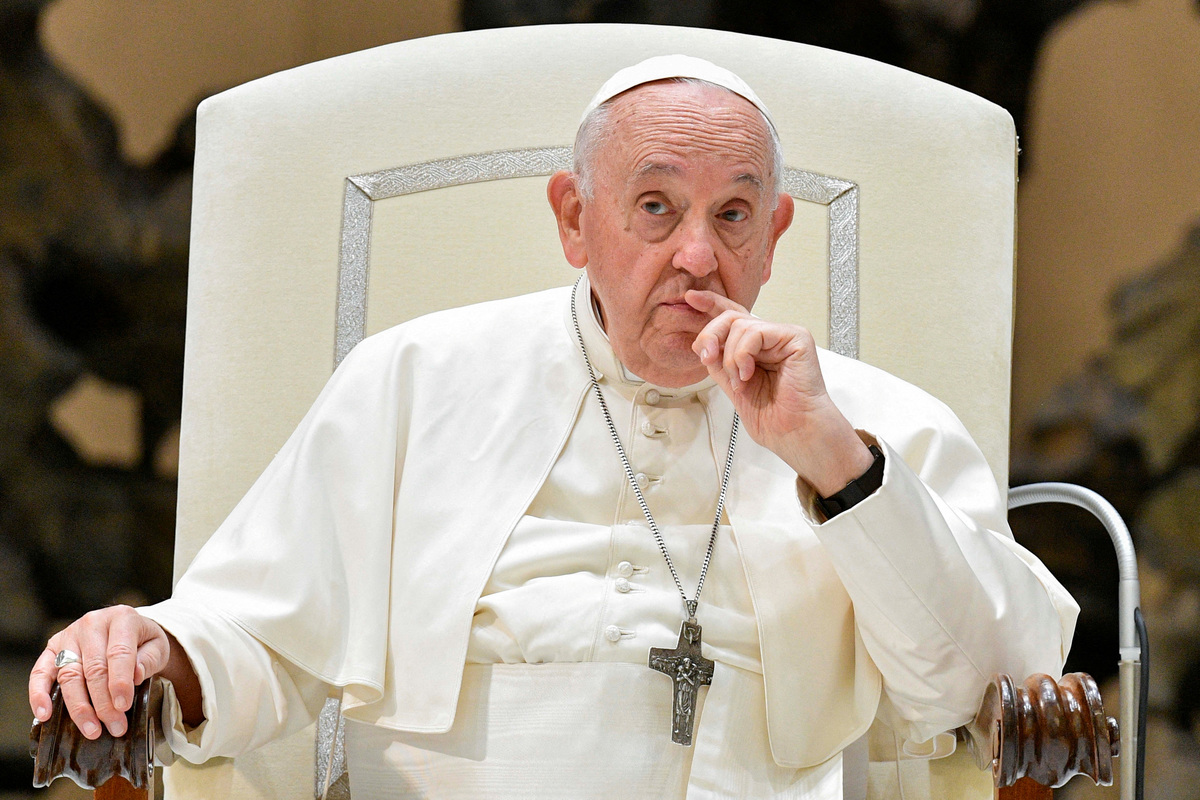
Photo: Reuters
The Vatican on Tuesday released a statement addressing the backlash against remarks made by Pope Francis during a recent speech to a group of young Catholics in Russia. The statement clarified the Pope’s intent, insisting that his remarks sought to encourage young people to cherish and promote the richness of their cultural heritage and the depth of Russian spirituality, rather than endorsing imperialistic tendencies or controversial figures. This response came after criticisms from the Kiev government, who interpreted the Pope’s words as a glorification of Russia’s imperialistic past and certain contentious figures in Russian history. The Vatican was quick to dispel these misinterpretations, emphasizing the Pope’s longstanding advocacy for peace, unity, and mutual understanding amongst nations. Pope Francis had delivered his speech to a youthful Catholic audience in Russia, drawing attention to the rich cultural and spiritual heritage of the country. His words were meant to inspire the younger generation to take ownership of their heritage and to ensure its preservation and promotion. However, some of his comments were viewed by officials in Kiev as potentially problematic, sparking a debate about the Pope’s intentions.
The Vatican’s statement highlighted that Pope Francis “wanted to encourage young people to preserve and promote all that is positive in the great cultural world and in Russian spirituality and in no way intended to glorify the imperialist logic and certain personalities.” The clarification underscores the Pope’s emphasis on the power of cultural heritage as a unifying force, rather than a divisive tool. Pope Francis’s teachings have often centered around themes of peace, unity, and love, urging individuals and nations to engage in dialogue and mutual understanding. He has routinely spoken out against all forms of imperialism and has emphasized the importance of respecting the sovereignty of all nations. His speech in Russia was intended to be in line with these values, according to the Vatican’s clarification. The Vatican’s statement also shed light on Pope Francis’s commitment to fostering a sense of global community, where cultural diversity is celebrated and where mutual respect forms the basis of international relations. By encouraging the preservation and promotion of Russian culture and spirituality, the Pope hoped to inspire the younger generation to contribute to this global community in a positive and enriching way. The Vatican’s clarification serves as a reminder of the often complex interplay between religion, culture, and politics. Pope Francis’s speech, intended to inspire and uplift, became a point of contention due to the sensitive historical and political context in which it was delivered. Yet, it also provided an opportunity for the Vatican to reiterate the Pope’s teachings on peace, unity, and the importance of cultural preservation. The Vatican’s statement is a reaffirmation of Pope Francis’s dedication to fostering peace and unity in a diverse world. It reminds us that the preservation and promotion of cultural and spiritual heritage should be seen as a celebration of our shared humanity, rather than a tool for division or a nod to contentious historical narratives.
By Sara Colin



